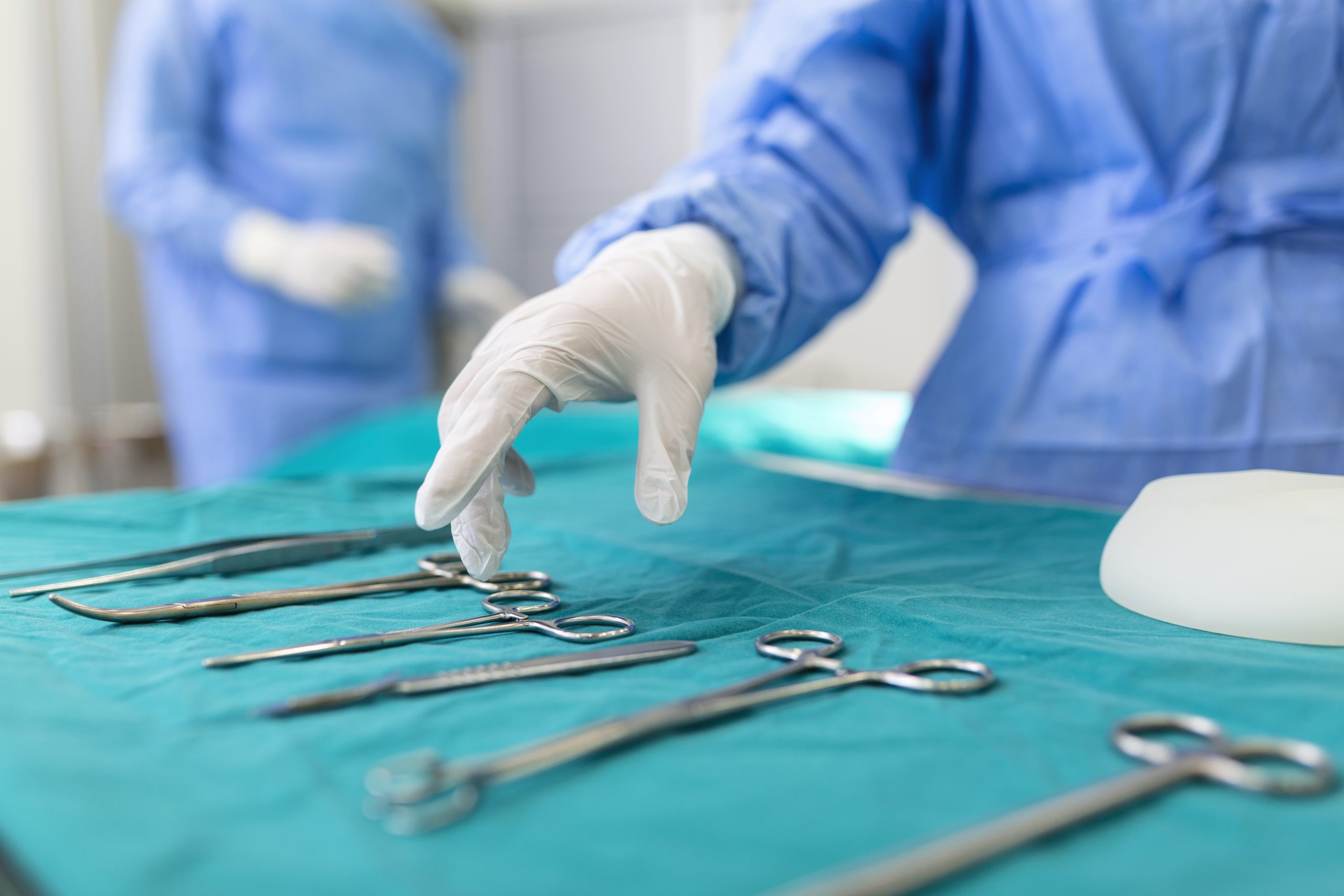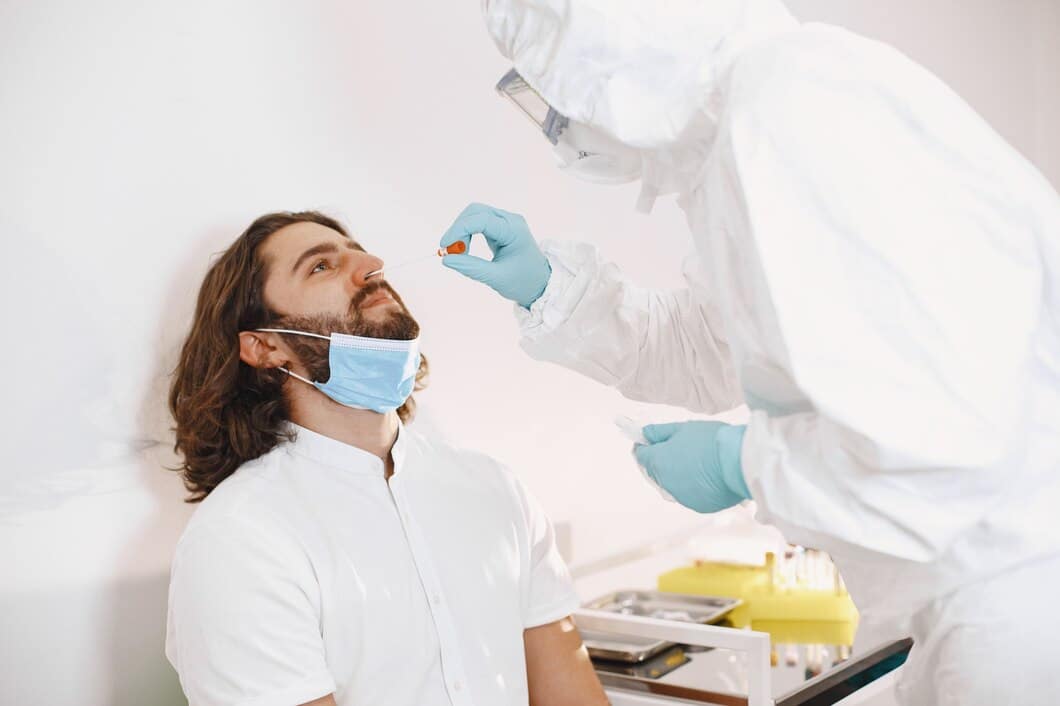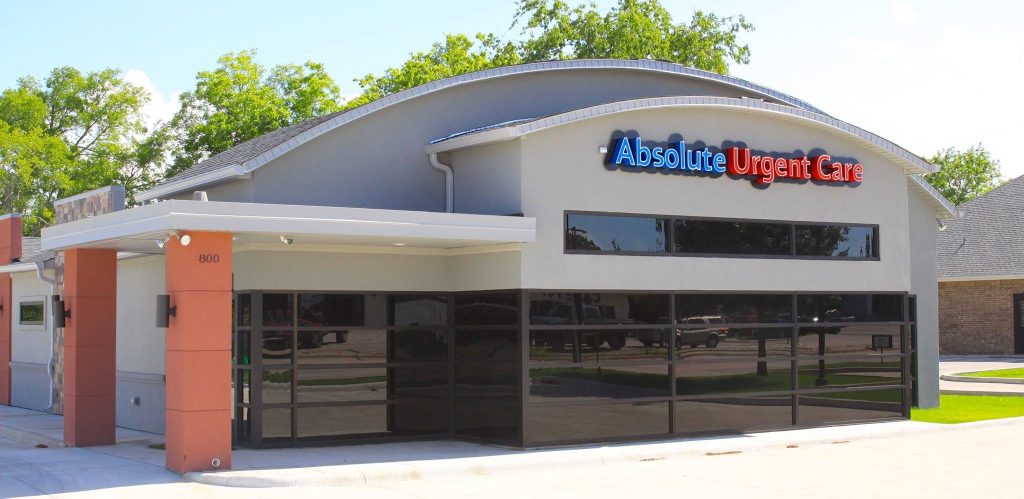When it comes to surgery, the decision to proceed can be daunting. With various types of surgical procedures available, each with its own set of risks and benefits, it’s crucial to be well-informed. At Absolute Urgent Care, we understand that navigating these choices can be overwhelming. In this comprehensive guide, we’ll explore different types of surgical procedures, their risks, and how you can make informed decisions about your health.
Table of Contents
Toggle1. Elective vs. Emergency Surgery
Surgical procedures generally fall into two categories: elective and emergency. Understanding the difference between these types can help you better prepare for your surgical journey.
– Elective Surgery: These procedures are planned in advance and are not typically required to save your life. Examples include cosmetic surgery, hip replacements, and some weight loss surgeries. While elective surgeries can improve your quality of life, they also come with risks such as infection, bleeding, and anesthesia complications. At Absolute Urgent Care, we can guide you through the process, ensuring you understand both the benefits and risks of your elective procedure.
– Emergency Surgery: These are unplanned and performed in response to a sudden medical condition, such as appendicitis or traumatic injury. Emergency surgeries are critical and often life-saving, but they come with risks due to the urgency and the often unstable condition of the patient. Our team at Absolute Urgent Care is equipped to handle urgent medical situations and provide the necessary care to address your immediate needs.
2. Common Types of Surgical Procedures
There are many types of surgical procedures, each serving different purposes and having its own set of risks. Here are some common types:
– Minimally Invasive Surgery: This includes procedures like laparoscopy and endoscopy, which use small incisions and specialized instruments to minimize damage to surrounding tissues. While minimally invasive surgery generally has a quicker recovery time and less pain, risks include infection and incomplete treatment of the underlying condition.
– Open Surgery: This traditional approach involves larger incisions to directly access and treat affected areas. Open surgery may be necessary for complex or severe cases. Although it provides direct access to the problem area, it often involves a longer recovery time and higher risk of complications such as wound infection and longer hospital stays.
– Laser Surgery: Utilizing focused light beams, laser surgery can treat various conditions, from eye problems to certain cancers. This technique usually results in less bleeding and quicker recovery. However, potential risks include damage to surrounding tissues and specific complications related to the targeted area.
– Cosmetic Surgery: Procedures such as facelifts, tummy tucks, and breast augmentations fall into this category. While these surgeries can enhance appearance and boost self-esteem, they carry risks such as scarring, anesthesia complications, and dissatisfaction with results.
3. Understanding Surgical Risks
No matter the type of surgery, understanding the potential risks is essential for making an informed decision. Here are some common risks associated with surgical procedures:
– Infection: All surgeries carry a risk of infection, which can occur at the incision site or internally. Proper hygiene and post-operative care are crucial in minimizing this risk.
– Bleeding: Excessive bleeding during or after surgery can lead to complications and require additional treatment. Surgeons take precautions to control bleeding, but it remains a potential risk.
– Anesthesia Complications: Reactions to anesthesia can vary, from mild nausea to severe complications. Preoperative evaluations at Absolute Urgent Care can help assess your risk and ensure your safety.
– Delayed Healing: Some individuals may experience slower healing processes, which can prolong recovery and increase the risk of complications.
4. Pre-Surgical Considerations
Before undergoing any surgical procedure, it’s important to discuss the following with your healthcare provider:
– Preoperative Testing: Tests such as blood work, imaging studies, and other evaluations help determine your readiness for surgery and identify any underlying conditions that might affect the outcome.
– Lifestyle Modifications: Depending on the type of surgery, you may need to make certain lifestyle changes before the procedure. This could include adjustments to your diet, exercise routine, or medication usage.
– Informed Consent: Ensure you fully understand the procedure, including its risks and benefits, before giving consent. Your provider should explain everything in detail and answer any questions you may have.
At Absolute Urgent Care, we prioritize clear communication and patient education, ensuring you are well-informed and comfortable with your surgical decision.
5. Post-Surgical Care and Recovery
Recovery from surgery involves more than just following post-operative instructions. Here’s what you need to know:
– Follow-Up Appointments: Regular check-ups are vital to monitor your healing progress and address any concerns. At Absolute Urgent Care, we offer comprehensive follow-up care to ensure a smooth recovery.
– Pain Management: Pain is a common aspect of post-surgical recovery. Your healthcare provider will guide you on how to manage pain effectively while minimizing the use of pain medications.
– Physical Activity: Gradual return to physical activity is important for recovery. Follow your provider’s recommendations on when and how to resume normal activities.
– Recognizing Complications: Be aware of signs of complications such as excessive swelling, fever, or unusual discharge from the incision site. If you experience any of these symptoms, contact Absolute Urgent Care immediately.
Understanding the different types of surgical procedures and their associated risks is crucial for making informed decisions about your health. At Absolute Urgent Care, we are here to guide you through every step of the process, from pre-surgical evaluations to post-operative care. If you have any questions or need further information about surgical options and risks, don’t hesitate to reach out to us. Your well-being is our priority, and we’re committed to providing you with the best possible care and support.
Feel free to adapt or expand on any sections to better align with your audience’s needs or your specific expertise.






















